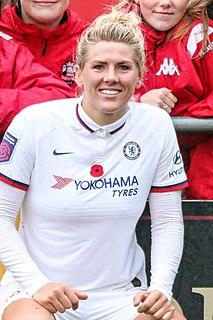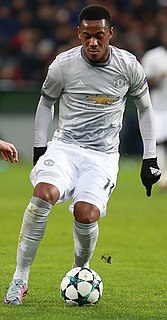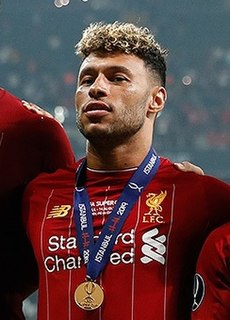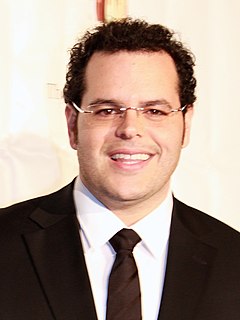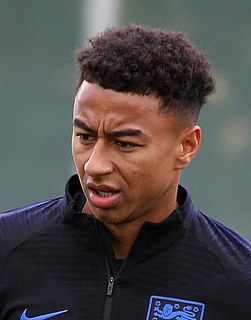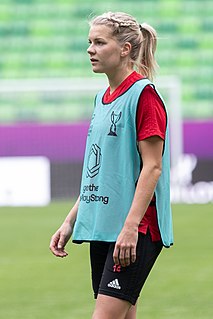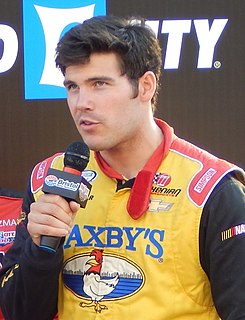A Quote by Millie Bright
When you get the relationships right and get to know each other, it really translates onto the pitch.
Related Quotes
In TV, you can really get into not only great characters, but also the relationships. There are all of the backstories and all of the relationships that you have with every person in your life, and the relationships those people have with each other. It's just more dense and there's more time to tell stories.
What a laugh, though. To think that one human being could ever really know another. You could get used to each other, get so habituated that you could speak their words right along with them, but you never know why other people said what they said or did what they did, because they never even know themselves. Nobody understands anybody.
At the time - but we've since made amends - James Franco and I really didn't get along. When we were on 'Freaks and Geeks,' we were 19, and we really, really disliked each other. He shoved me to the ground once; it was really brutal. We're friends now, and we really like each other now as adults - but as kids, we did not get along.
Even if someone doesn't look like you or you don't know people like this in your real life, you get to know them and you get to see their humanity and you get to empathize with them. Our hope is that through empathy that can spark change. We hope people start talking to each other and our show sparks conversation because we need to start talking to each other, not at each other.
